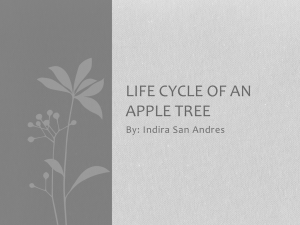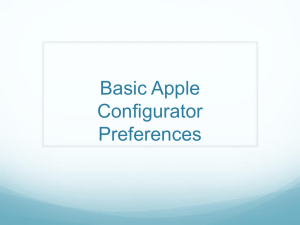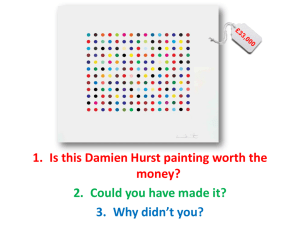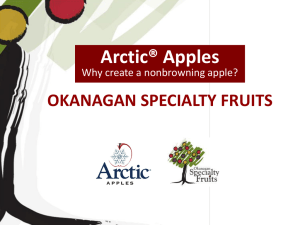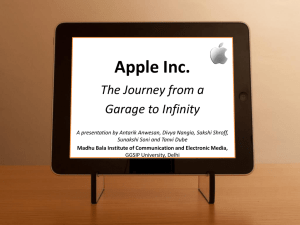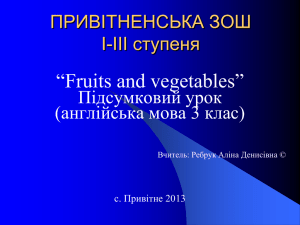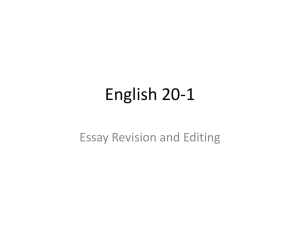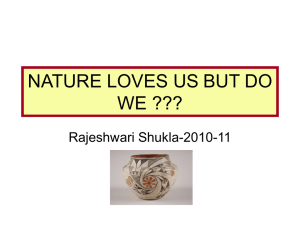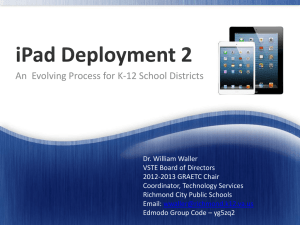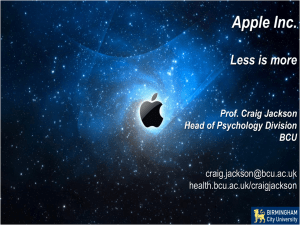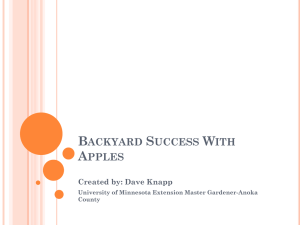GlobalConnections
advertisement
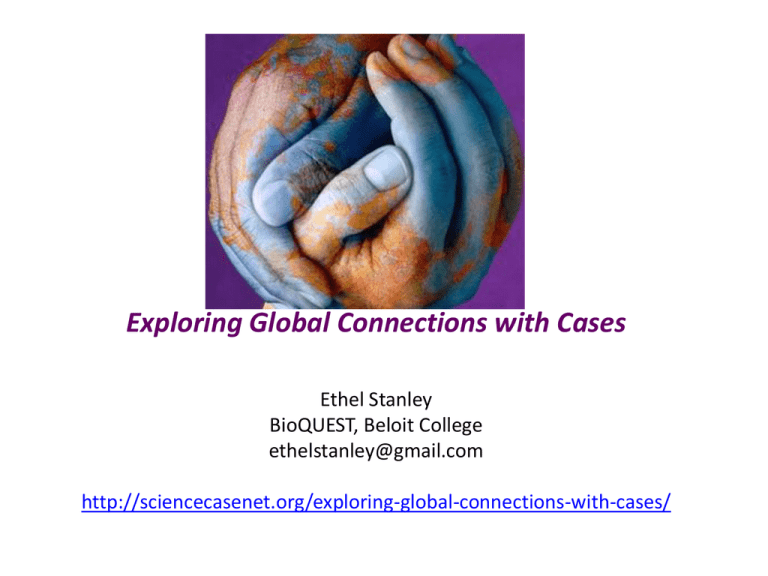
Exploring Global Connections with Cases Ethel Stanley BioQUEST, Beloit College ethelstanley@gmail.com http://sciencecasenet.org/exploring-global-connections-with-cases/ The international Commission on Biology Education (CBE) raised the bar for scientists and educators: “Influencing almost all our activities, from inception to the grave, this (biological) revolution will require profound decisions with respect to the ethical, legal, social, cultural, educational, and development issues that are sure to arise, affecting our personal lives and society in ways that we have never experienced before.” (Vohra 2000) How we teach science for these 21st century learners has also been addressed. “Build into every course inquiry*, the processes of science, a knowledge of what practitioners do, and the excitement of cutting edge research.” “involving the student in asking questions and finding answers” Shaping the Future: New Expectations for Undergraduate Education in Science, Mathematics, Engineering and Technology NSF, 1996. (p. 53) Case-based learning is one pedagogical strategy that provides opportunities for learners to share and question what they already know with their peers. Learners come “to formal education with a range of prior knowledge, skills, beliefs and concepts” which affect: • what learners notice, • how they reason and solve problems, • how they remember (p.10). How People Learn: Brain, Mind, Experience and School. National Research Council, National Academy Press, 2000. Cases also provide opportunities for learners to identify and explore what they need to know to engage with the case. Cases can be used to develop global perspectives about both science and science education through the choice of characters, settings, data, tools, and issues/decision-making in the case. Investigating the Apple Talk case at the IUBS BioEd Workshop held at the University of Western Cape in Cape Town, ZA in 2009. Apple Talk As Neville drove past the farms near Ceres, Iris snapped several photos of the apple trees loaded with fruit. “Wow, I didn’t know so many apples grew here in South Africa,” Iris commented. “My uncle has an apple farm up in Michigan.” “Except for grapes, apples are the our largest fruit crop,” Neville explained. “Did you know that about 25% of all of South Africa’s apples end up in the US?” “Cool,” she replied, “I can never get enough apples.” She reached into the bag of fruit she had packed for her day trip and took out a large apple. After biting into it, she looked back over and asked, “Would you like some fruit too, Neville?” “I wouldn’t mind having an apple,” he answered with a smile. “Oh, sorry,” Iris said as she passed an apple over to Neville and sighed. “There’s only a small one left,” she said regretfully. “But, it should taste just as good and there won’t be so many seeds.” Taking the apple from her, Neville thought to himself, “How could she know how many seeds my apple might have?” What do you think this case is about? What do you already know that relates to this case? What do you need to know to understand the case? What questions could you explore? Case Analysis The ICBL Discussion Method • What did you do? • What did I do? • What might we have students do next? Resources: Apple Anatomy http://appleparermuseum.com/Images/AppleCrossSection560.jpeg http://appleparermuseum.com/Images/AppleSeedSection560.jpeg Resource: Data http://bioquest.org/numberscount/data-details/?product_id=32499 Apple Seed Build a model of a seed of your choice. Work in pairs. Be prepared to share your model with another group. ZA Fruit Production Extending the pollen case, Paul’s Puzzle, with modeling global connections. Cases are stories: In post WWII Japan, much of the country was reforested. Planting of cedars then led to pollen bots now. http://weathernews.jp/pollen/#//c=0 Each case defines a problem space to explore. Soccer Field Emphasize global connection by: • requiring the use of both US and non-US resources • reinforcing the extended impact of “local” issues • using characters or settings that are outside the range of your majority learners’ experience • selecting data that is accessible in spite of language barriers • decision-making that reflects scientific reasoning (evidence-based choices) accounts for global contexts • generating a need to explore social and political effects as part of addressing the issue • … others? Out of the Frying Pan, Into the Fire Chia Quinoa Choices bioquest.org/nie2011 Jiaming sat across from one of his favorite clients, Mrs. Seng. His partner, Siti, joined them by computer conferencing. Today’s discussion was focused on web advertising for Mrs. Seng’s new line of instantaneous gas water heaters. While Jiaming returned to his office, Siti decided to Google an unfamiliar term used during the meeting. “Just what is a carbon footprint, “ she thought, “and what does it have to do with water heaters?” Jiaming and Siti lived in the same neighborhood, but Siti preferred to work from home. She couldn’t imagine riding ten stations down the line every day like Jiaming. “I wonder,” Siti said to herself, “if working from home makes a difference in my carbon footprint?” Singapore Carbon Calculator: A Tool for Investigation TASKS • First, compare the carbon cost of transportation to work for Jiaming and Siti. • http://www.climatechange.sg/html/?link=1 Then, design and run an experiment using this simulation to answer other questions stemming from the case analysis. One hypothesis tested was: If a person works from home, then their energy expenditure will be less than a person who works from an office. Shaded columns are kg C/yr for working at home. If you taught with the Choices case, would you use the Singapore Carbon Calculator? Go to: sciencecasenet.org/exploring-global-connections-with-cases/ Donor’s Dilemma The RCN-UBE Science Case Network (sciencecasenet.org) offers opportunities to foster collaborations and to encourage its members to write proposals for new case materials and research around using and learning with PBL and cases. SCN supports annual conferences. Note: The 2014 Conference will be held in Atlanta and is co-sponsored by the Pan-American Network for PBL.
